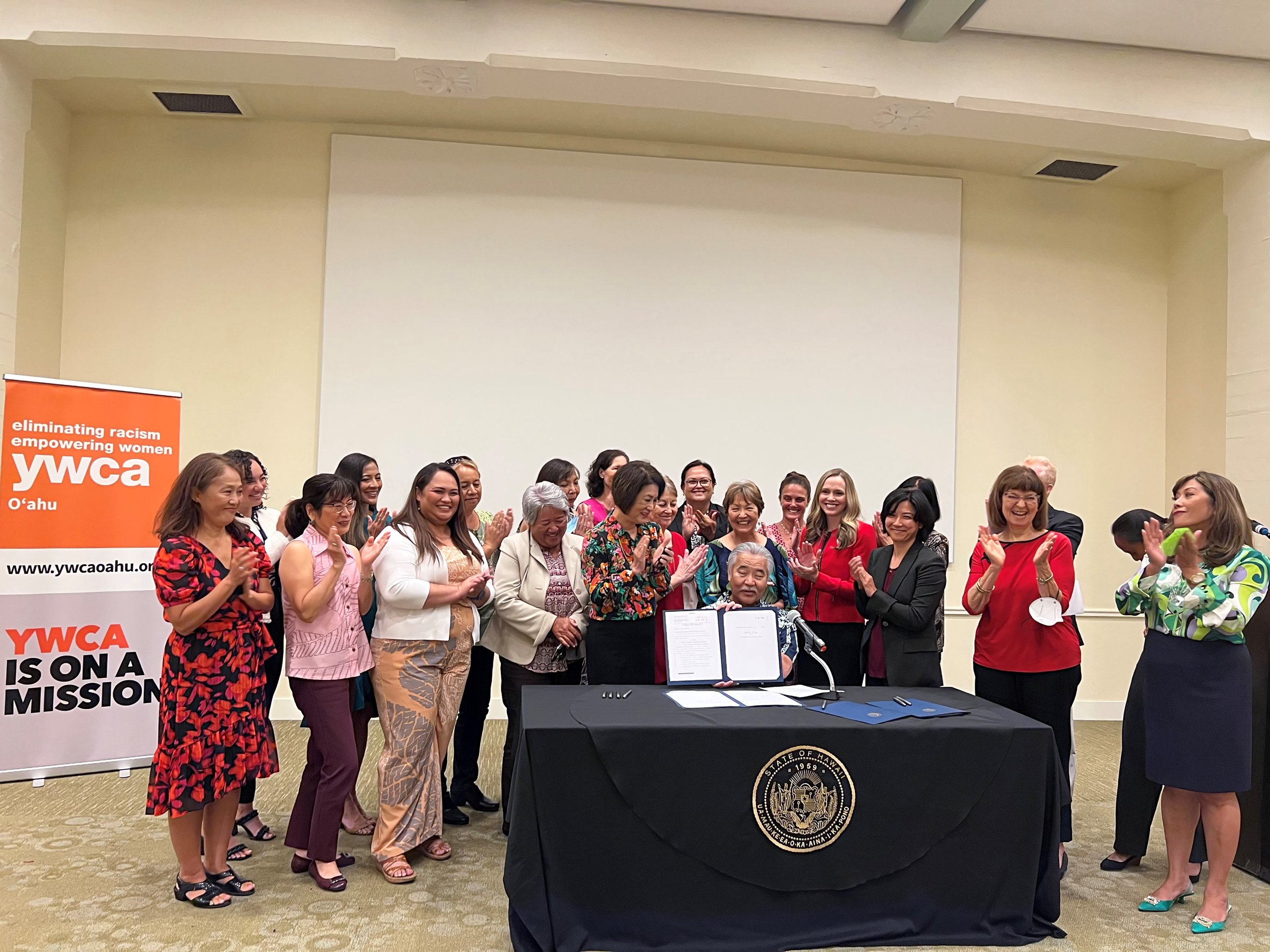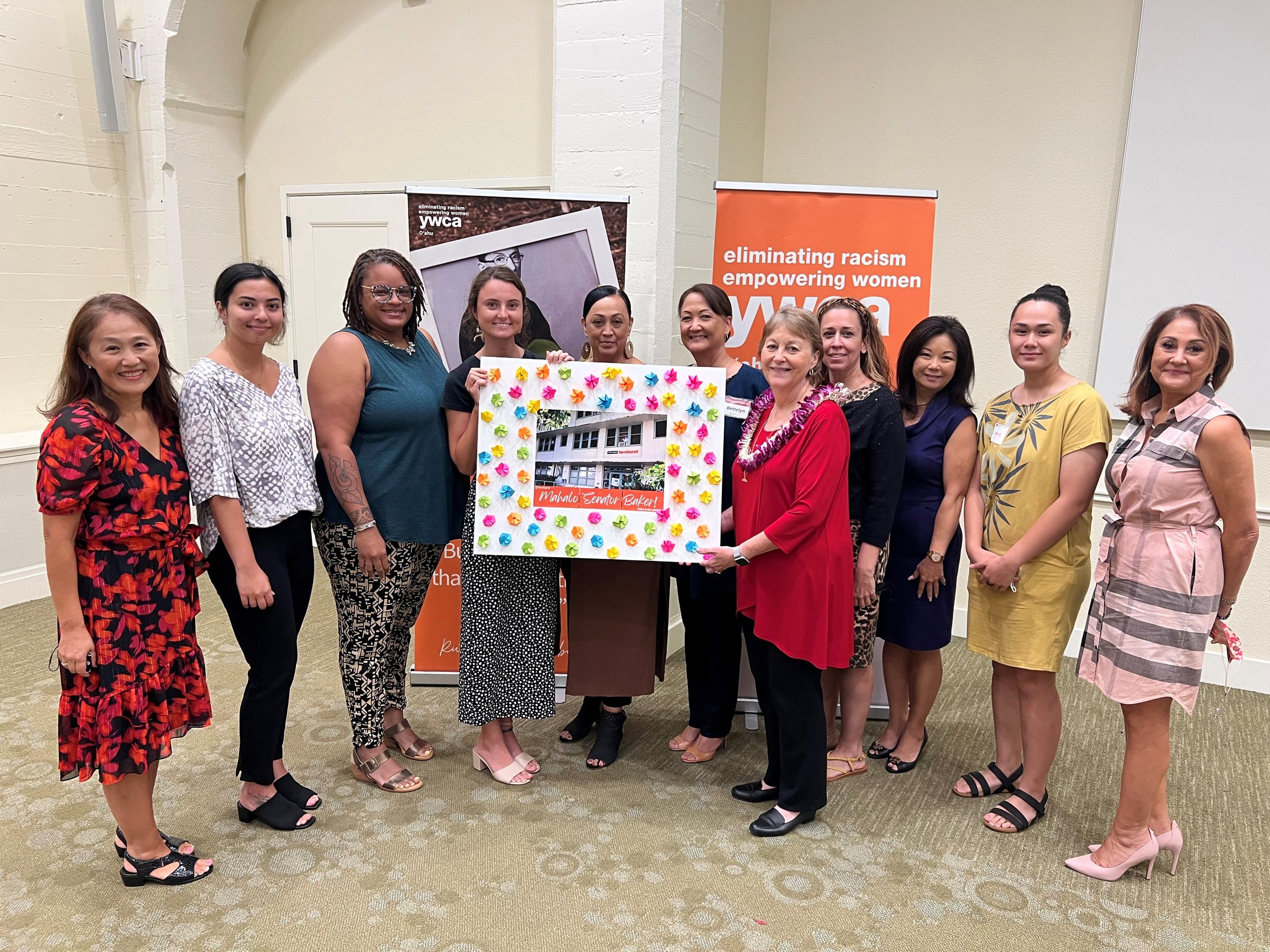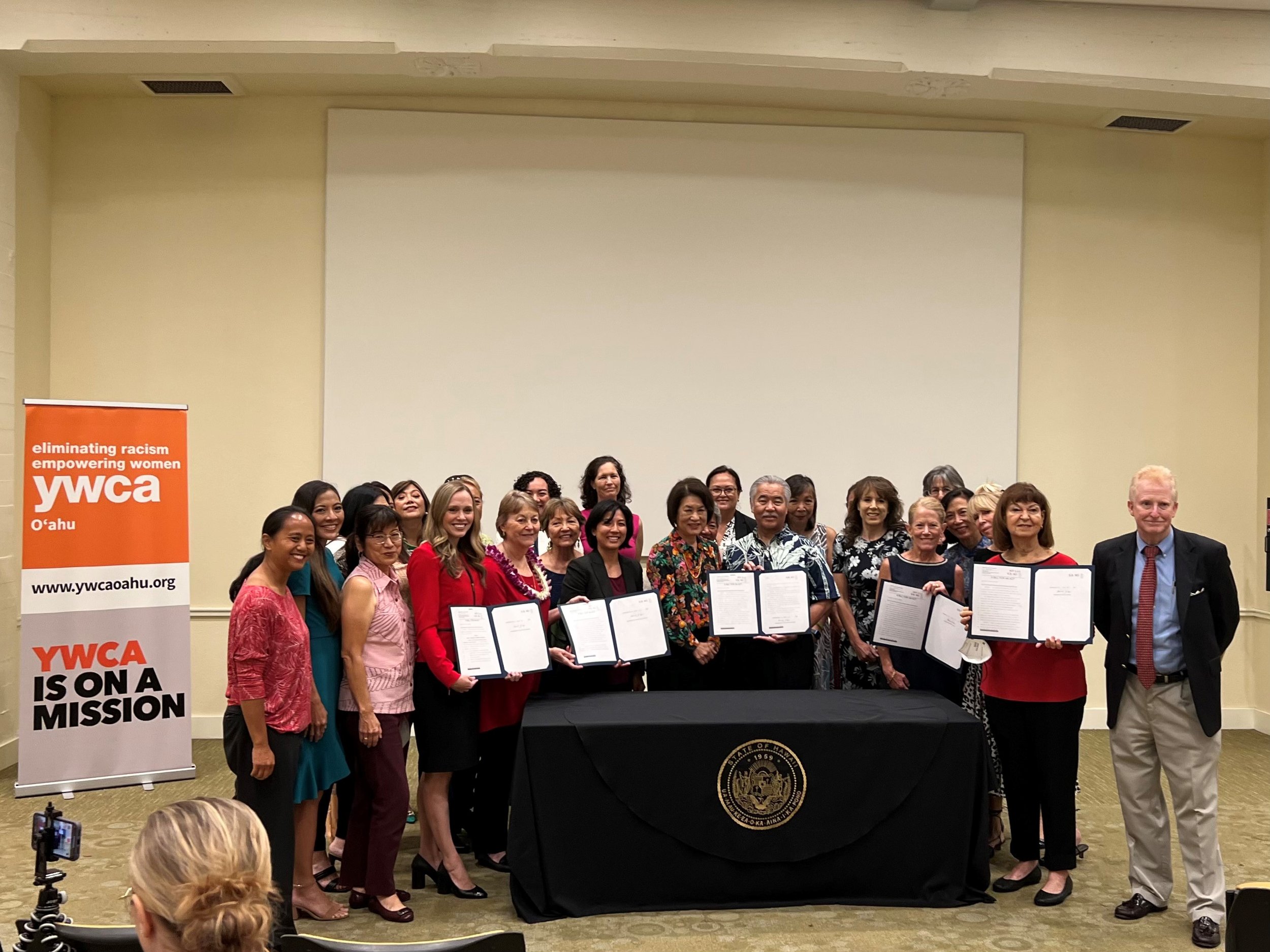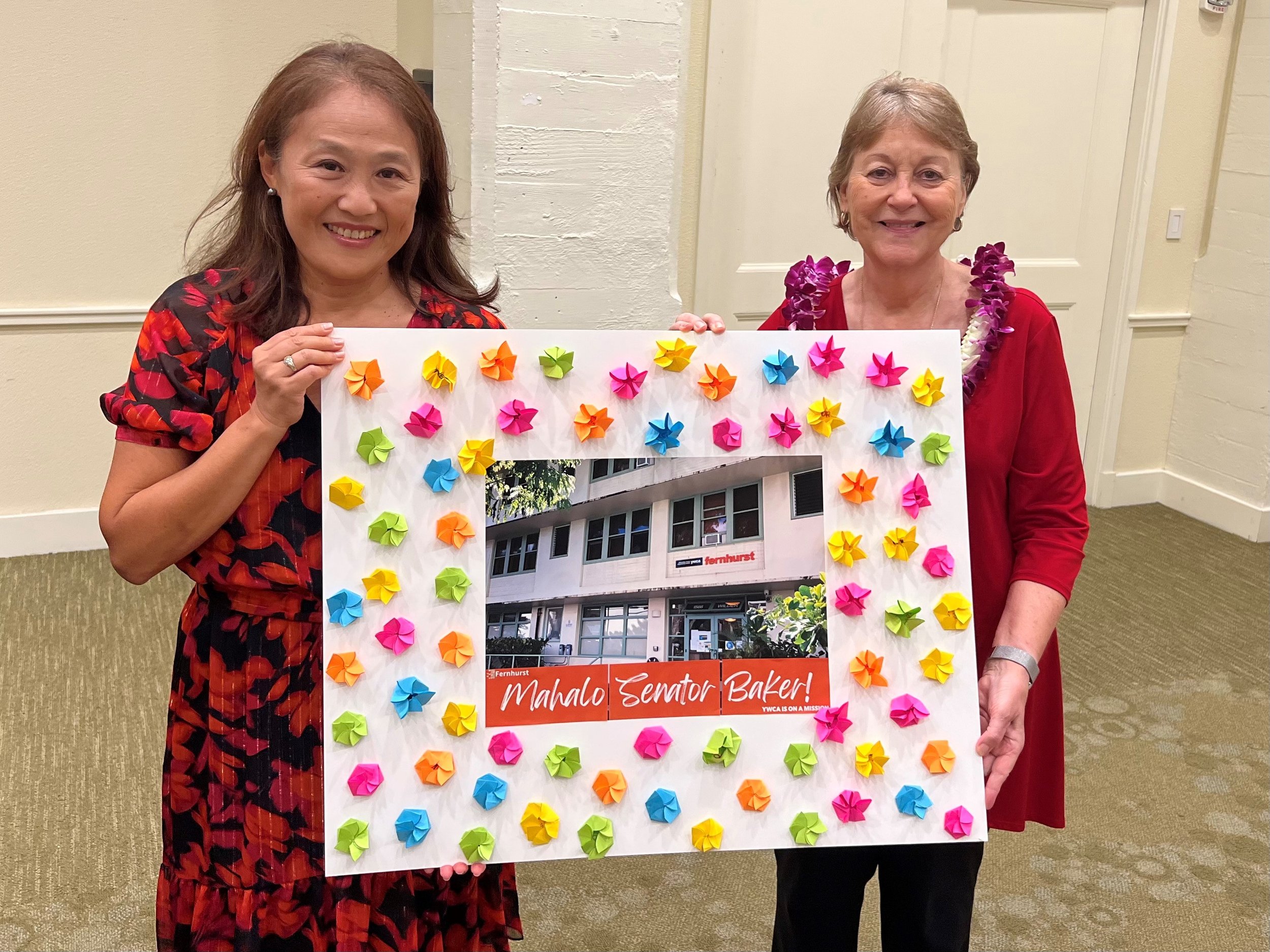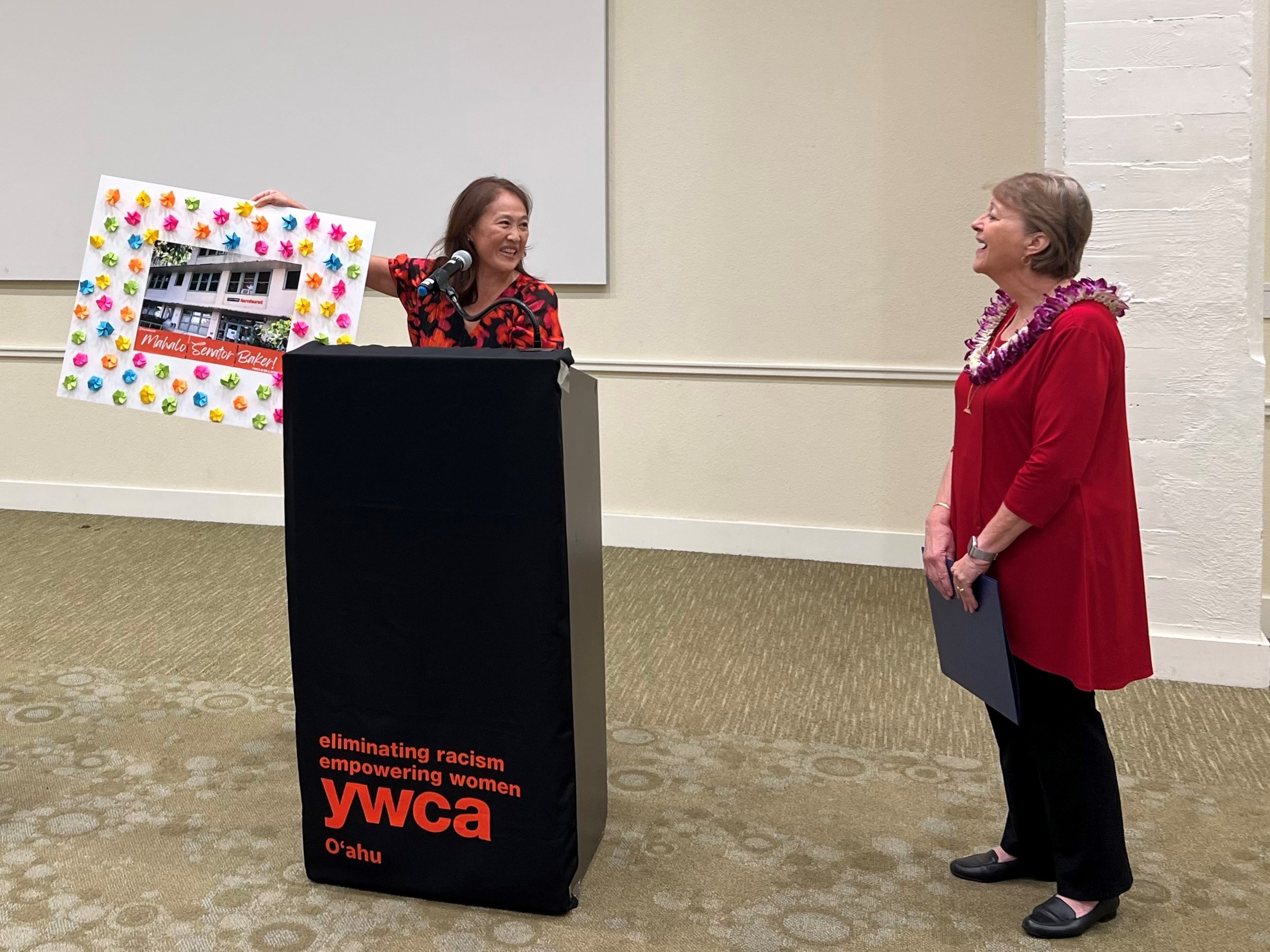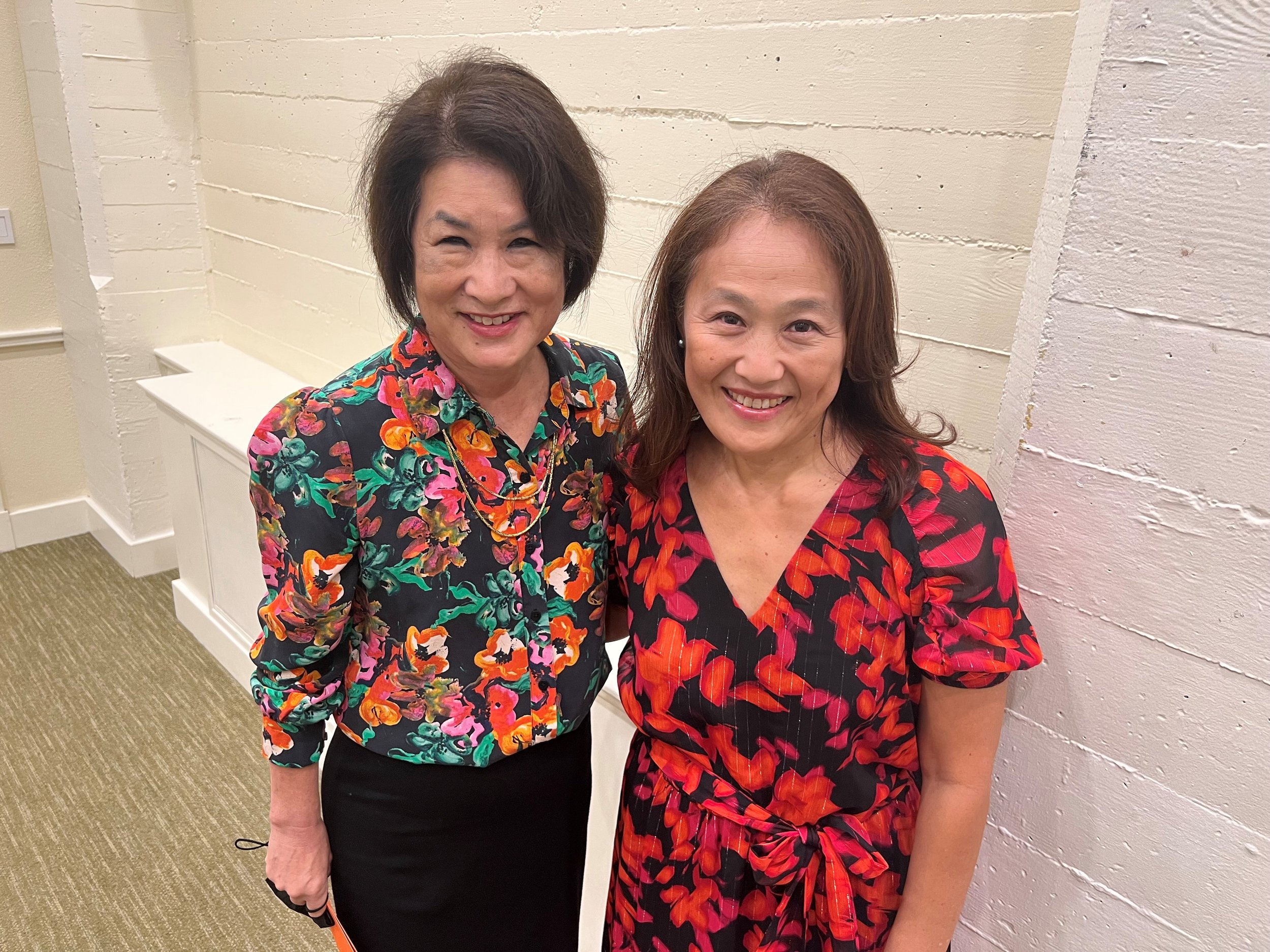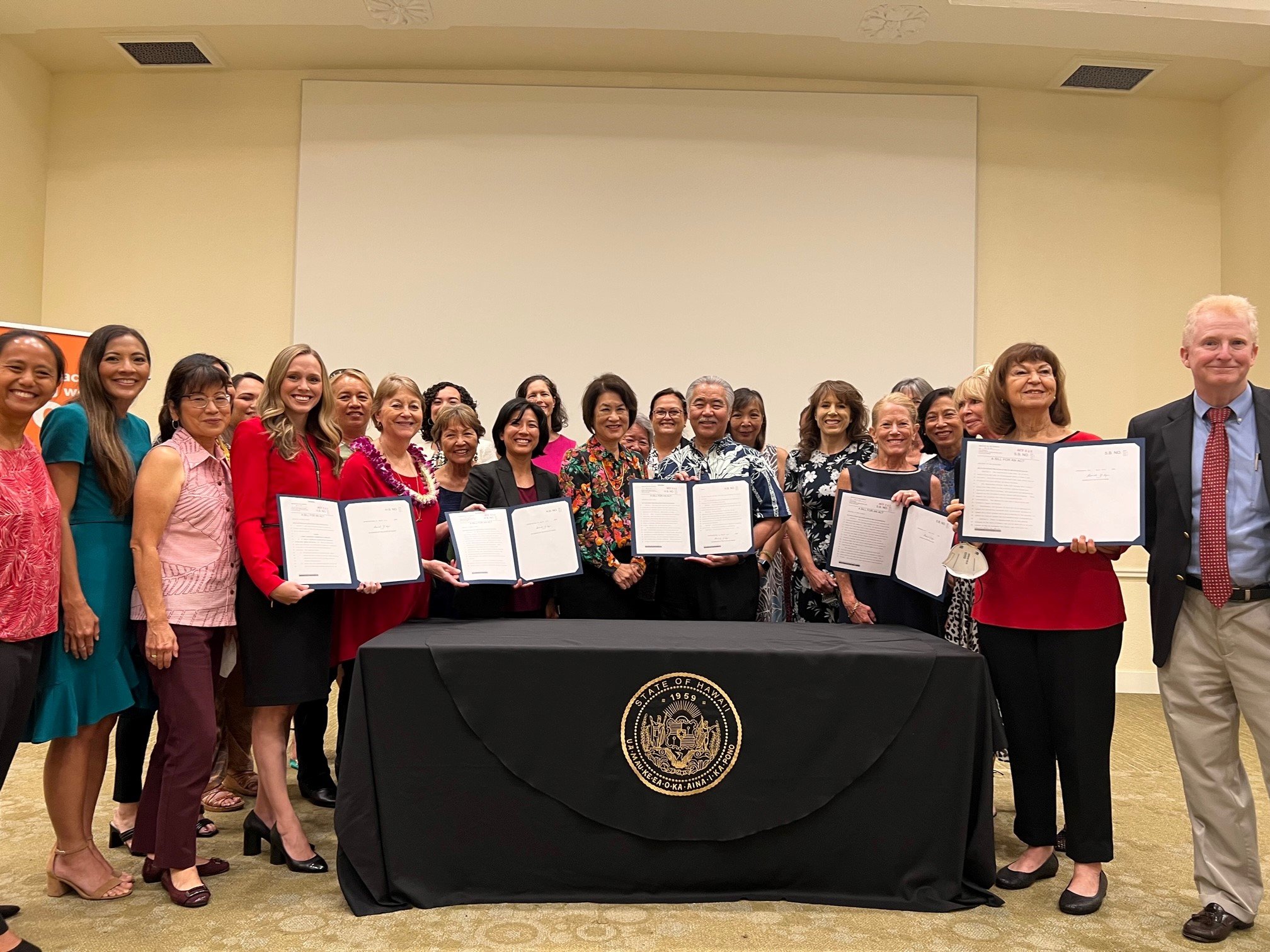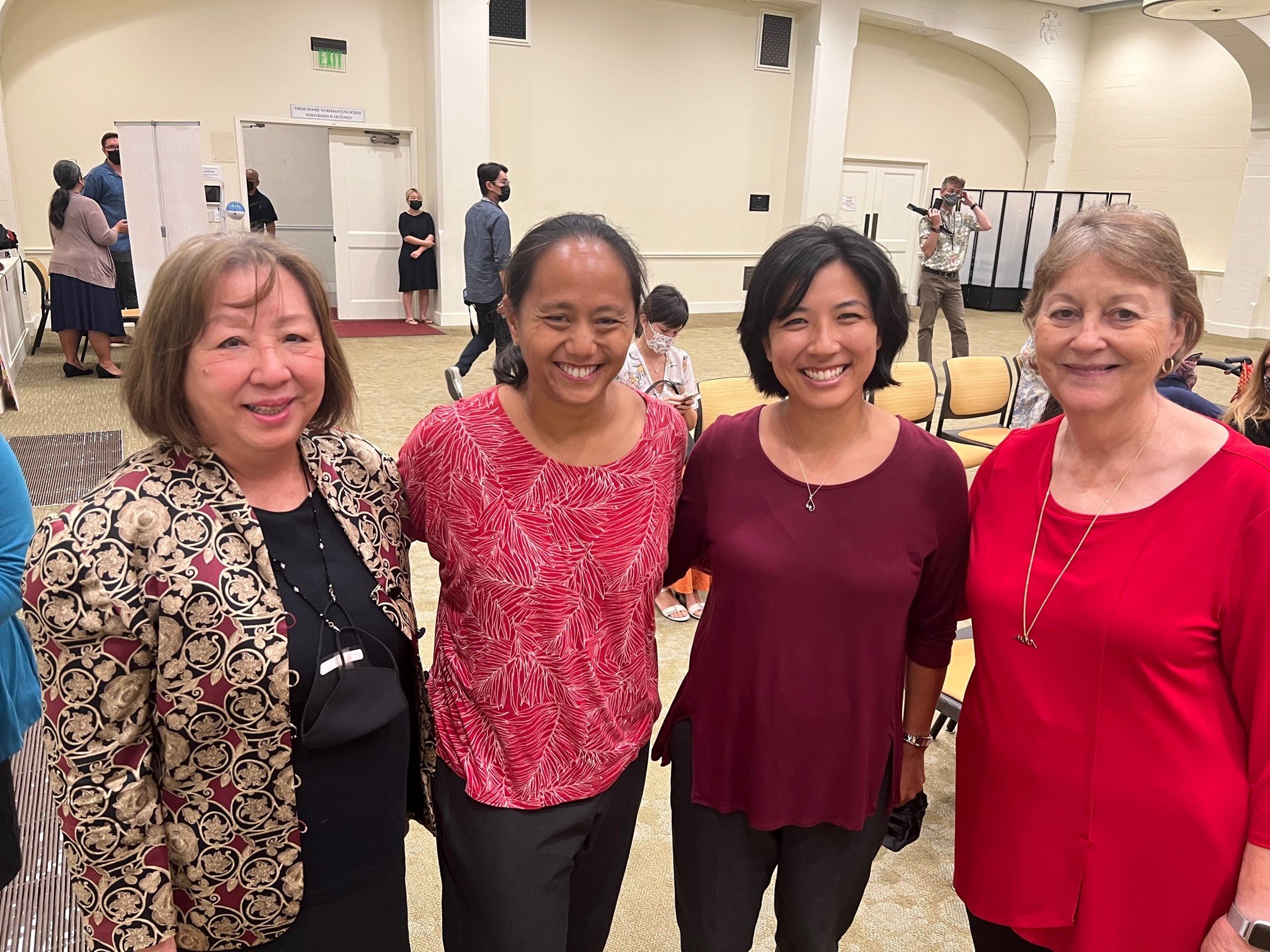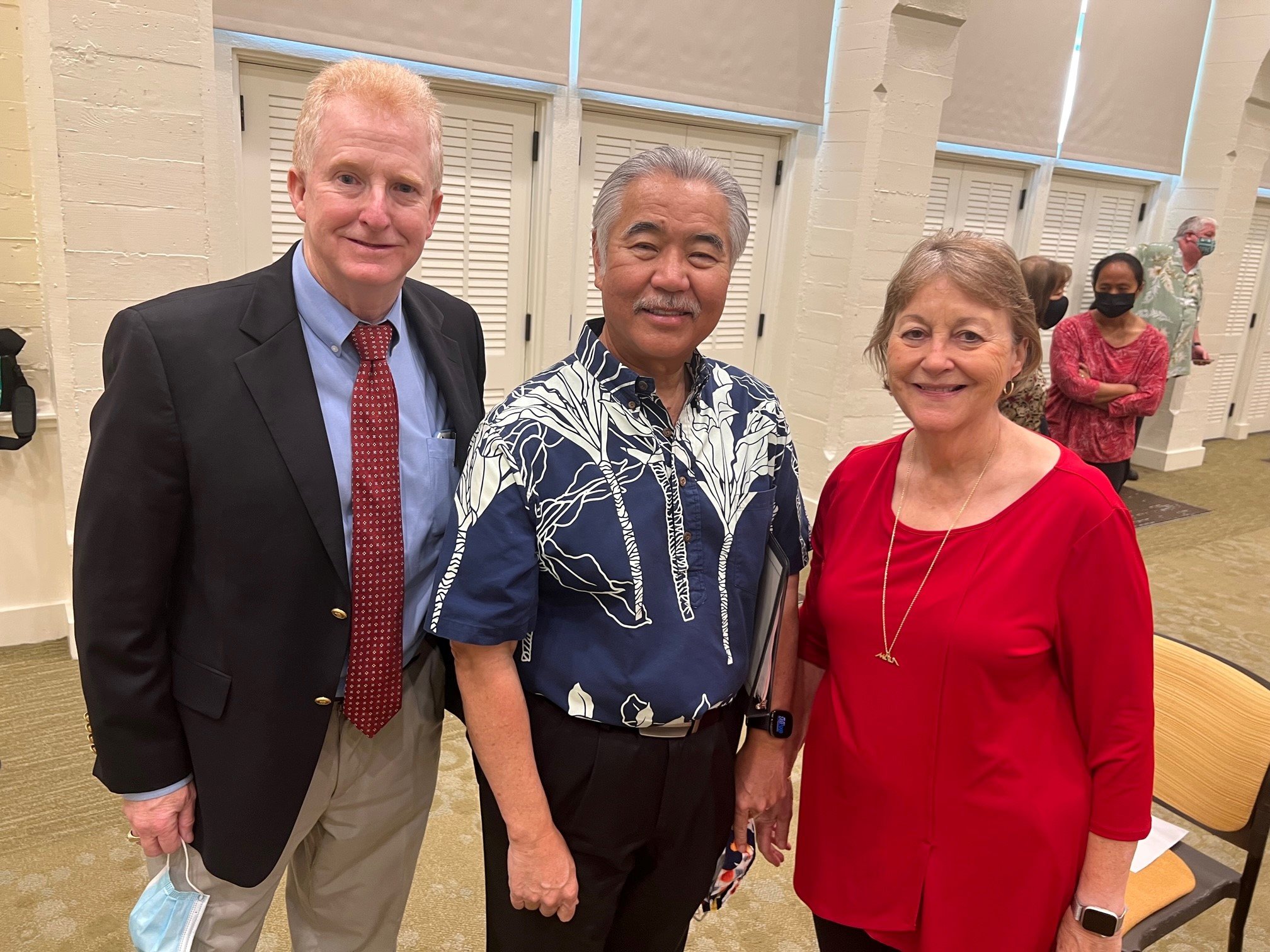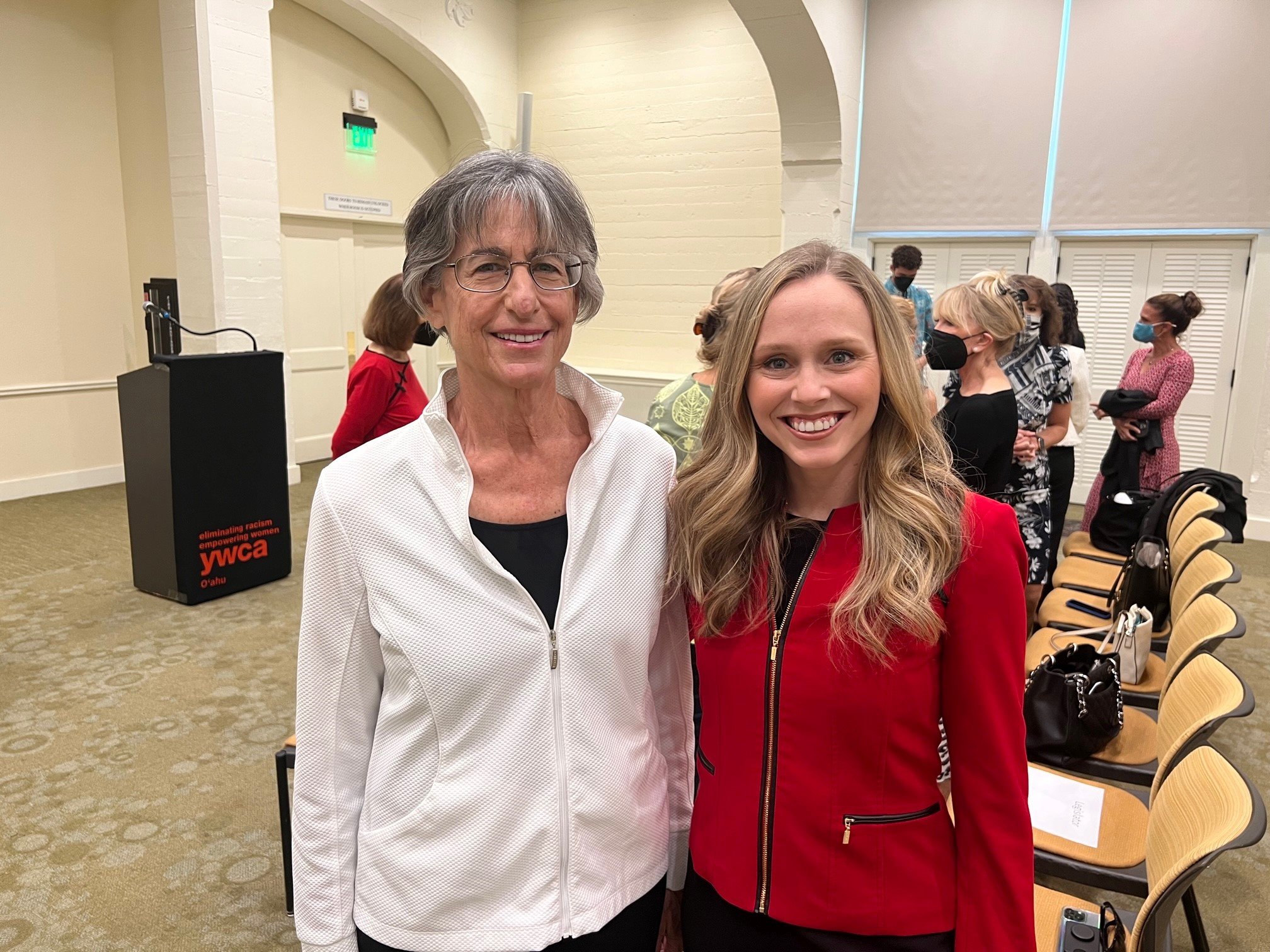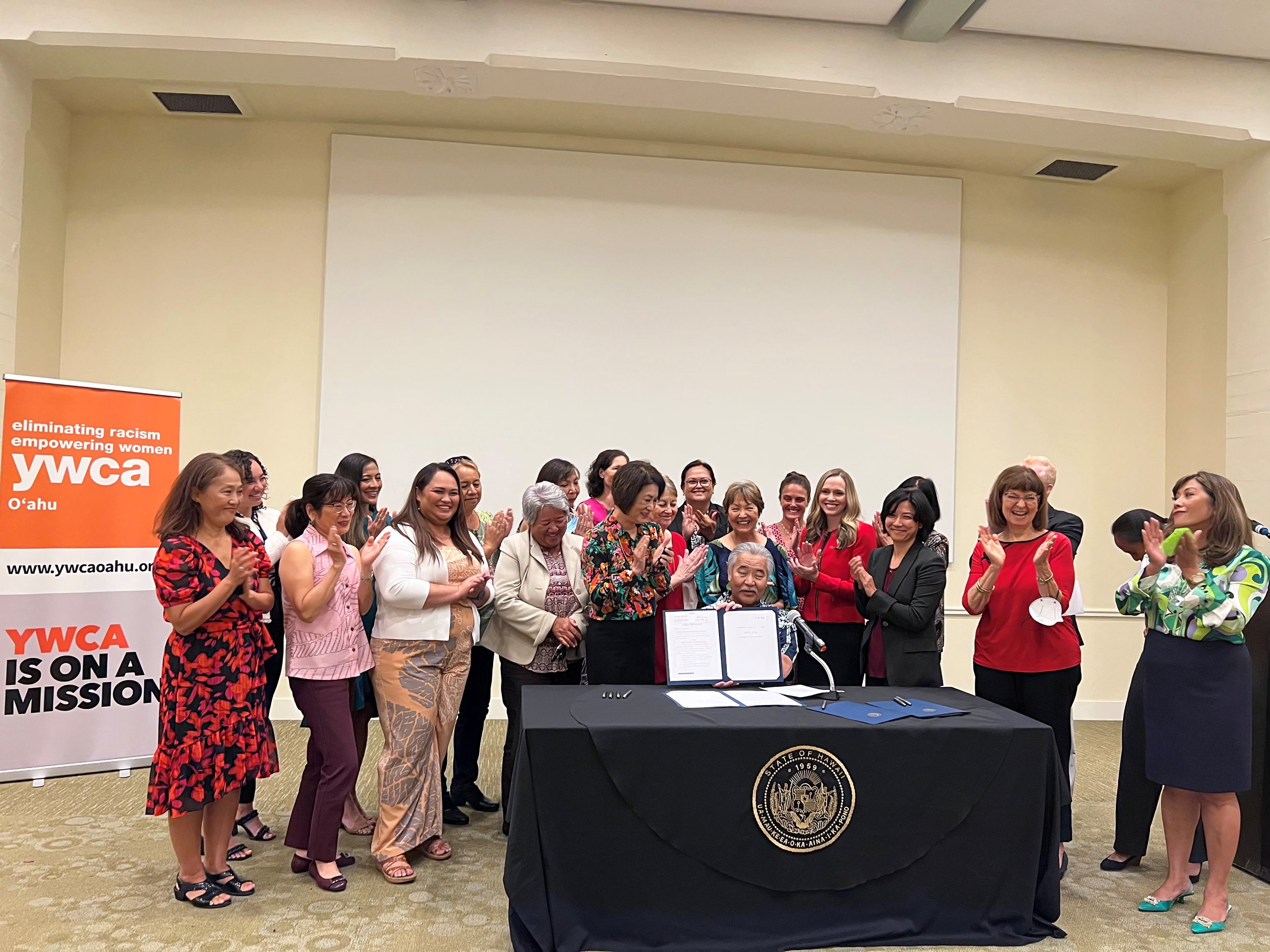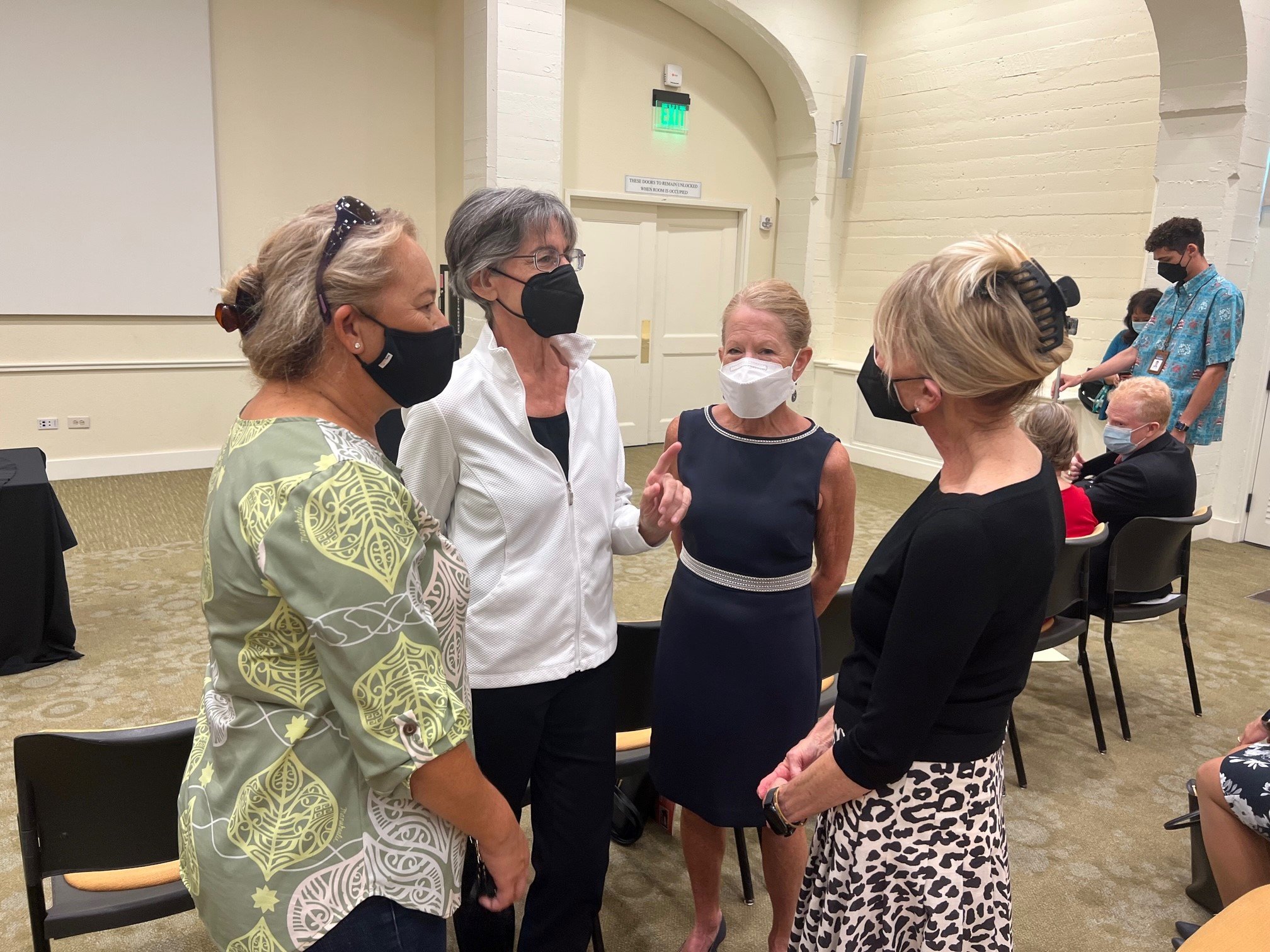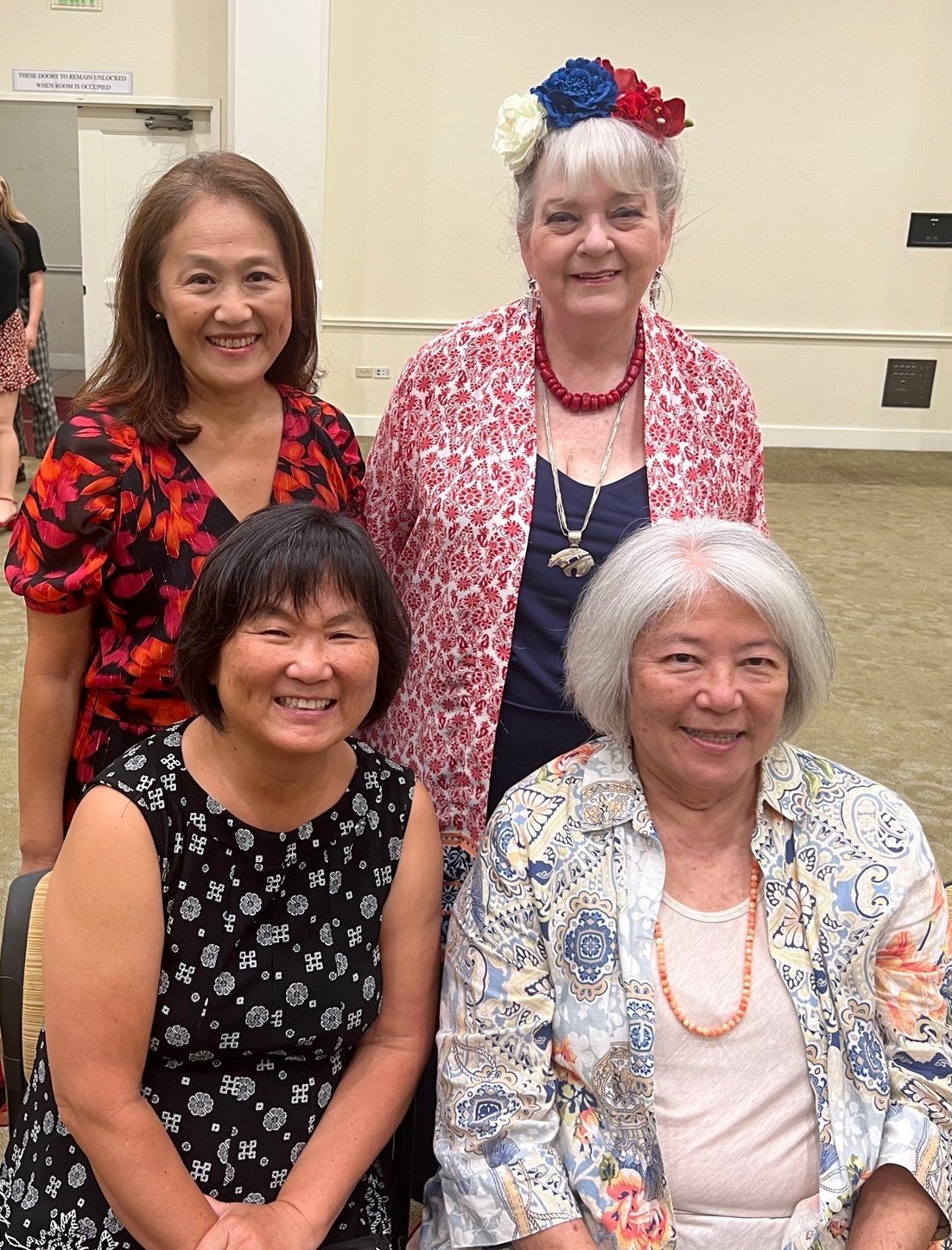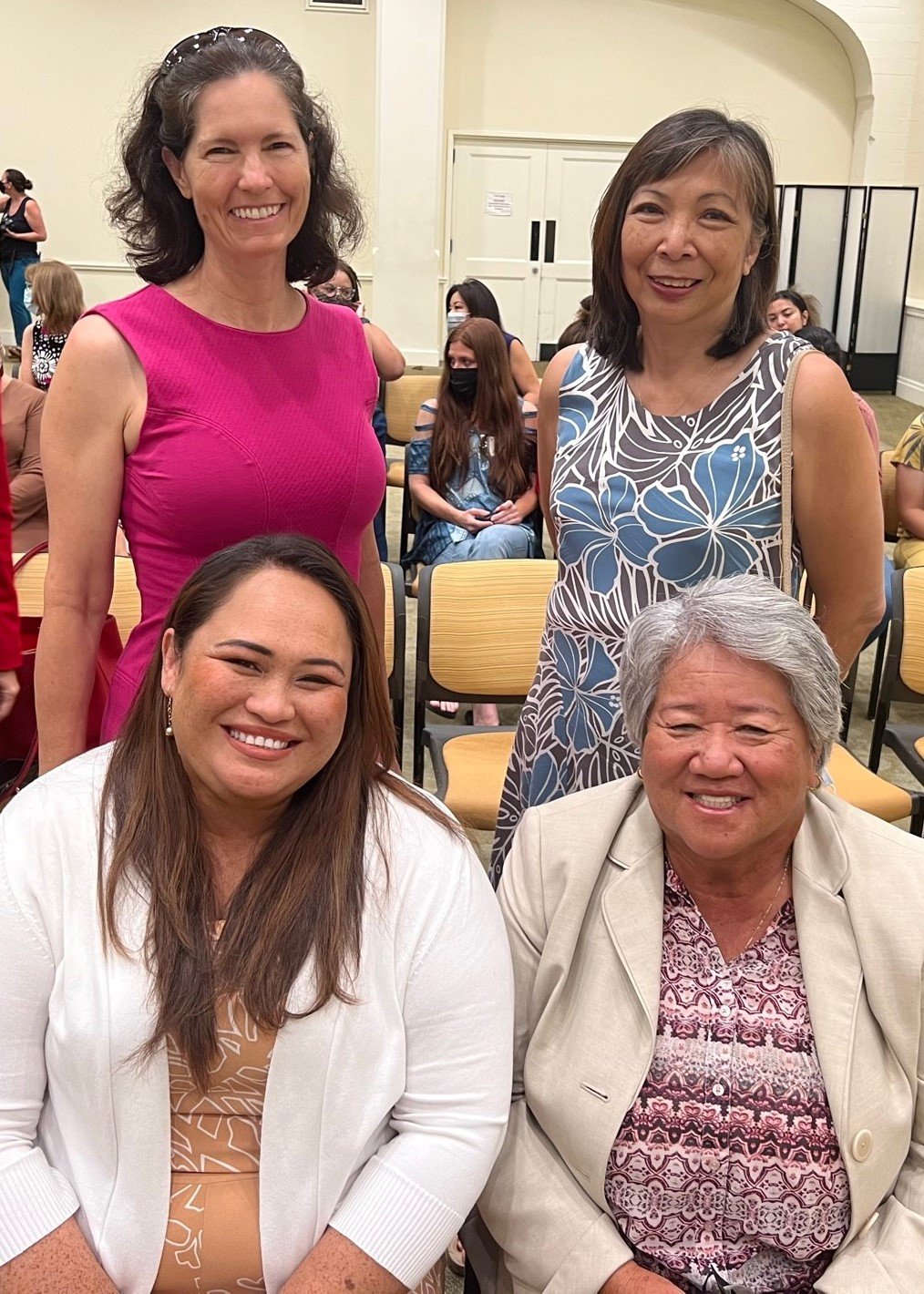For a lot of Americans, the last few years have been financially challenging. Between the COVID-19 pandemic and subsequent recession, followed by rising interest rates and other economic disruptions, many people are beginning to look at their bank accounts with concern—or even dread.
According to a CNBC report published in 2021, the average individual debt level in the United States is $90,460. This is due at least in part to the worrisome lack of basic financial literacy among American citizens. As of 2014, just over half (57%) of adults in the US were considered financially literate.
Systemic and societal issues play a large part in people’s access to financial literacy resources and their finances as a whole, but with the right information, almost anyone can learn to do a better job of managing their money. If you, like many others, are ready to improve your financial situation but aren't sure where to begin, consider starting with these guidelines on how to manage your money:
Keep a Budget and Track Your Spending-The first step in your money management journey is to get a good idea of where you currently stand. Spend some time tallying up your current financial assets and debt, then move on to calculating your monthly income and expenses. Once you've got an idea of your monthly budget, try tracking your spending for at least a few weeks to get an idea of where you're overspending. For some people, this activity can make them uncomfortable, or even produce feelings of shame or guilt. Try to approach your spending tracking without judgment, if you can, and don't give up. After all, everyone has to start somewhere!
Start Chipping Away at Your Debt-Reducing (and eventually eliminating) your debt is one of the biggest steps you can take toward financial independence. Make a concerted effort to start paying as much as you can afford toward your debts and loans, starting with the ones with the highest interest rates.
Make Small Changes for Big Results-After you've been consistently tracking your spending for a while, you'll likely be able to identify some major areas where you can cut back. In addition to the big shifts in your spending, look for little areas where you can save money here and there—like buying generic items instead of brand-name products, shopping for discounts, or packing your lunch instead of going out to eat. Limit your number of recurring subscriptions each month (you don't really need Netflix and Hulu at the same time), and don't sign on to any new recurring charges unless you get rid of another. It may not feel like much, but saving a few bucks here and there will eventually add up.
Define Your Goals-Spend some time thinking or writing about why money management is important to you, and what you hope to achieve. Working toward financial stability won't always be fun, and when your willpower starts to flag, it's important that you be able to motivate yourself by returning to your goals.
As part of Dress for Success Honolulu’s mission to help women reach financial independence, they offer financial literacy courses at no cost to their clients. Many clients come from challenging circumstances and DFS offers them a chance to transform their lives. Join us in supporting DFS by contributing to our Summer Giving Campaign at bit.ly/donatedfs
YWCA O'ahu is on a mission to empower women, promote peace, and eliminate racism. As one of over 300 nationwide communities, YWCA O'ahu is committed to creating opportunities for women and girls. Programs such as Dress for Success and our community-based furlough program are designed to give women the resources, expertise, and support they need to be able to thrive and make a difference. If you or someone you know could benefit from our services, contact us today or consider stopping by our Monthly Benefit Clothing Sale to support our work!




